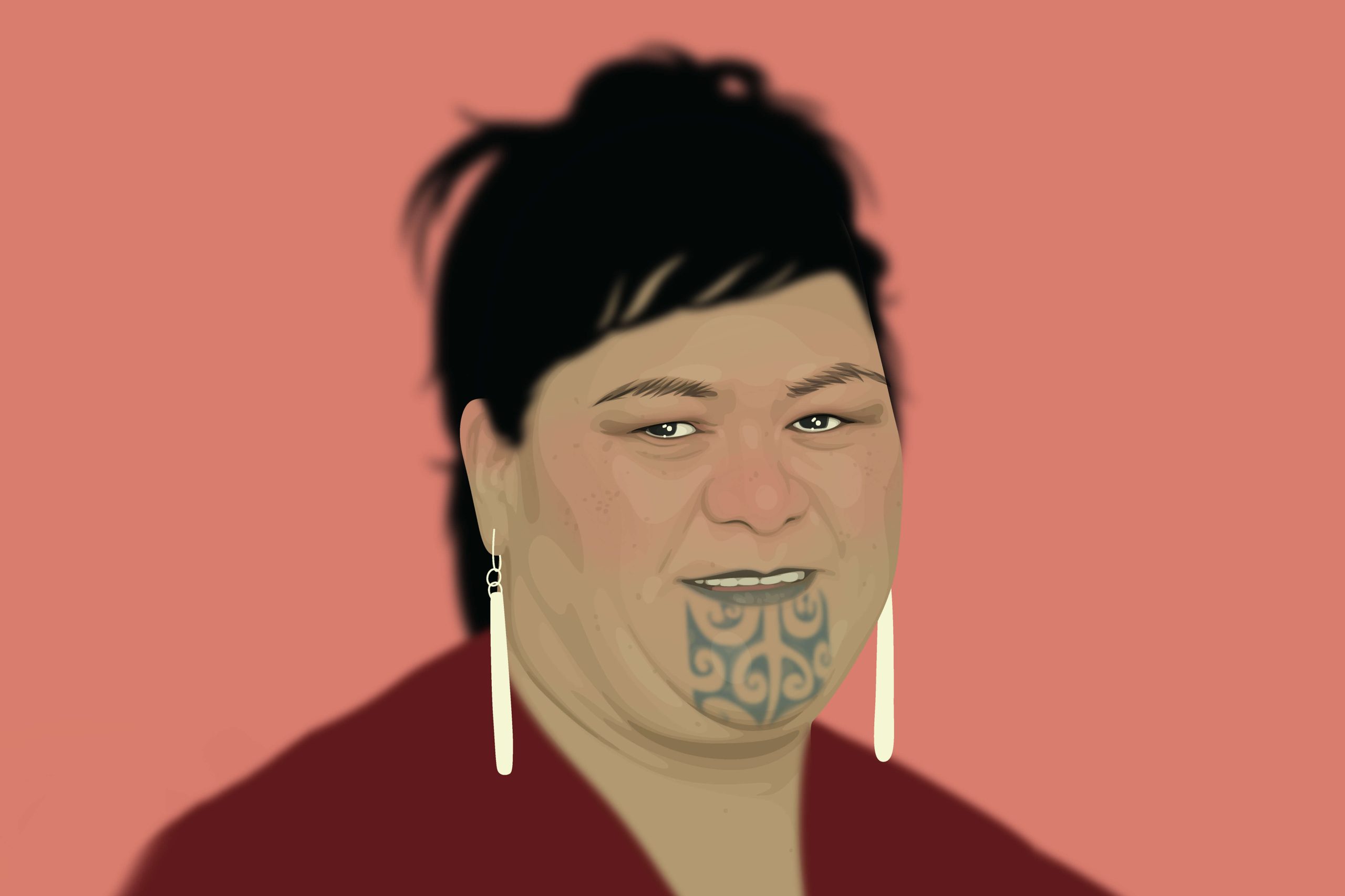Mar 22, 2022 Politics
At the Guardian, the British newspaper, three kinds of New Zealand stories are guaranteed to generate clicks. The first is anything bird-related. Last year, an article announcing that a bat had won Bird of the Year went straight to the top 10 stories of the day. The second is anything to do with the Prime Minister Jacinda Ardern. To liberal readers in other parts of the English-speaking world, New Zealand is a progressive paradise and Ardern is its star. There is an entire subpage cataloguing stories that cover or even mention her. And the third kind of story that’s guaranteed to generate clicks is anything to do with Foreign Minister Nanaia Mahuta. Profiles, opinion articles, news — all attract a heap of readers. I suspect that’s partly to do with her whakapapa. Māori stories do well internationally. But it’s also to do with the way she wears that whakapapa. In a group of foreign ministers, Mahuta’s moko kauae distinguishes her. People find it intriguing and impressive.
But that differs quite markedly from the perception of Mahuta at home. In New Zealand, she’s better known as the Minister of Local Government. In normal times, local government reform would struggle to make the headlines, but with Mahuta pushing hard to complete her Three Waters reforms, the debate and the pushback are making headlines. At least 21 councils oppose the reforms, which would transfer control of drinking-, waste- and storm-water infrastructure from 67 councils to four regional water authorities. Some councils are moderate in their opposition, with the Christchurch City Council calling for a “pause”, while others are condemning the transfer of “ownership” to the Government, which is false. The reforms will transfer control, but ownership remains with councils. This gives a hint that Three Waters is turning from your normal, boring policy debate to one that’s unleashing many and varied anxieties.
The self-proclaimed “Groundswell movement”, for example, is arguing that the reforms transfer control and ownership to “iwi”. Again, this is false. Iwi will take some governance seats on the four regional water authorities, but the big players like Ngāi Tahu explicitly and repeatedly rule out ownership. Why would they want that burden
— the ageing pipes, the degraded networks — on their books and as their responsibility? Imagine, for example, inheriting the water network in Wellington, where pipes regularly burst, wastewater overflows into the streets, and sewage bubbles up on to the city’s golden mile. No, thank you. That example is probably one of the best arguments in favour of Mahuta’s reforms. In the Wellington region, the last local elections delivered a left-wing city and regional council but a centre-right mayor and an enduringly conservative business community. That’s creating political deadlock at every level. Isn’t it better to unburden such dysfunctional councils?
The Cabinet thinks so, recommitting to the Three Waters reforms this year. It’s part of a furious workload, from abolishing district health boards to implementing fair pay agreements. In an ordinary year this might seem modest for a Labour government. But in another pandemic year, implementing any reform that isn’t Covid-related is a win. So why, against that background, is there so much opposition to what might otherwise be considered sensible reforms? The Three Waters plan unburdens councils, transferring investment responsibility and a degree of risk to the Government. Abolishing district health boards removes a prominent and seemingly permanent failure in health, allowing a central body to better coordinate supply chains and staffing. And fair pay agreements will give the Government another mechanism to lift pay that isn’t the minimum wage. As purchasing power erodes, this is increasingly important.
Against that background, the opposition isn’t so much about the details but the structure. In each reform, co-governance is at its heart. Three Waters carves out a powerful position for iwi, if not quite sole ownership and management. The Health New Zealand reforms carve out a powerful position for the Māori Health Authority. And fair pay agreements devolve significant power to trade unions and Business New Zealand. This isn’t to suggest some of the opposition is racist, although some of it is; instead, it’s to suggest that these reforms (and others) represent a fundamental shift in how New Zealand governs its assets, infrastructure and policy. That’s worth debate, sure, but it’s also long overdue. Scholars and policymakers have been proposing co-governance and ‘tripartite’ arrangements for decades. It’s only now that a government is catching up and implementing each form at the heart of their agenda.
That will annoy the likes of the Groundswell movement, the Taxpayers’ Union and Hobson’s Pledge, but these are exactly the groups that a Labour government and a popular Labour minister should seek to annoy.
–
This column was published in Metro 434.
Available here in print and pdf.







